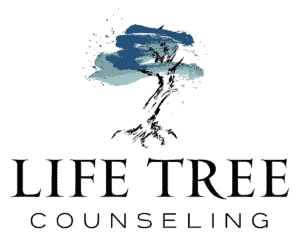“I knew as a kid that I was different from my classmates, but I didn’t know how I was different.”
People who are diagnosed as Adult ADHD often share this memory from childhood. Unfortunately, with incomplete information, these people often have suffered anxiety, loneliness, helplessness, and low self-esteem. Learning about ADD and ADHD and the impact on their lives is an invigorating and uplifting experience.
There is a tremendous change in attitude about self when a person realizes there is an explanation for the recurring disappointment and frustration when intentions do not produce the expected outcomes. Working with adults who are diagnosed and seeking an understanding of the neurocognitive disorder provides invaluable insight about informing kids of a recent diagnosis of ADD and ADHD.
Diagnosing ADD and ADHD in Children
A wise rule of thumb when sharing any new information with children is to allow the child to determine how much should be revealed. Often as adults we “talk at” children providing large amounts of information that is often beyond their ability to process. This is not an effective communication strategy. Although it may seem strange, an alternate approach can result in a more successful exchange.
Allowing the child to guide the discussion and ask the questions allows the child to gather the information that is relevant to their needs and appropriate for their processing skills. Beginning with a few key concepts, parents may open the discussion with the fact that ADD and ADHD is not something that the individual has caused; it is an organic issue that a person has from birth just like eye color.
Also like eyes that see very well, some brains work smoothly. Sometimes eyes require glasses and brains need medication to do their best work. Open-ended questions such a:
“Have you ever thought about how your brain worked?”
Can you think of a time that you thought your mind may work differently?
- “Share with me things that may be difficult for you at school?”
- “Tell me what you know about ADHD.”
As your child reveals his inner thoughts, you can recognize his struggles and affirm the normalcy of the feelings. Depending on the age of the child and the situation, the child may not have questions or concerns at the time of the initial discussion. This is an indication that the child’s need for information is satisfied at this time. Frequently, after some processing time, the child will return with additional observations or concerns. Monitoring your responses to match the level of inquiry helps the child develop a healthy perspective on living with ADD and ADHD.
For well over 20 years, Life Tree Counseling has been a, “soft place to land” for so many people. We’d like to help you, too. You can call us right now at 972-234-6634, and we promise to return your call within 60 minutes. Or, visit our website to schedule a time that’s convenient for you, with one of our counselors.
